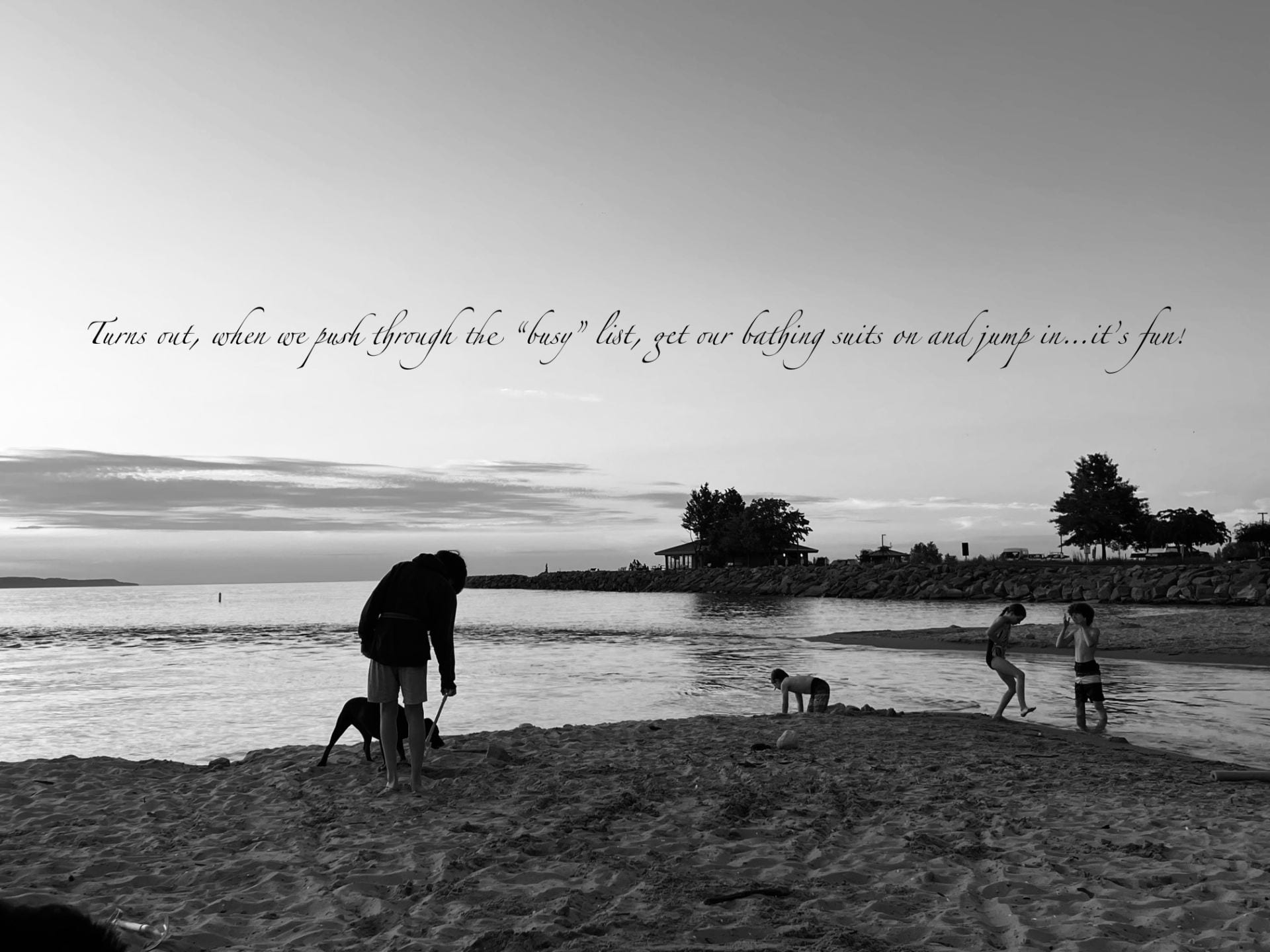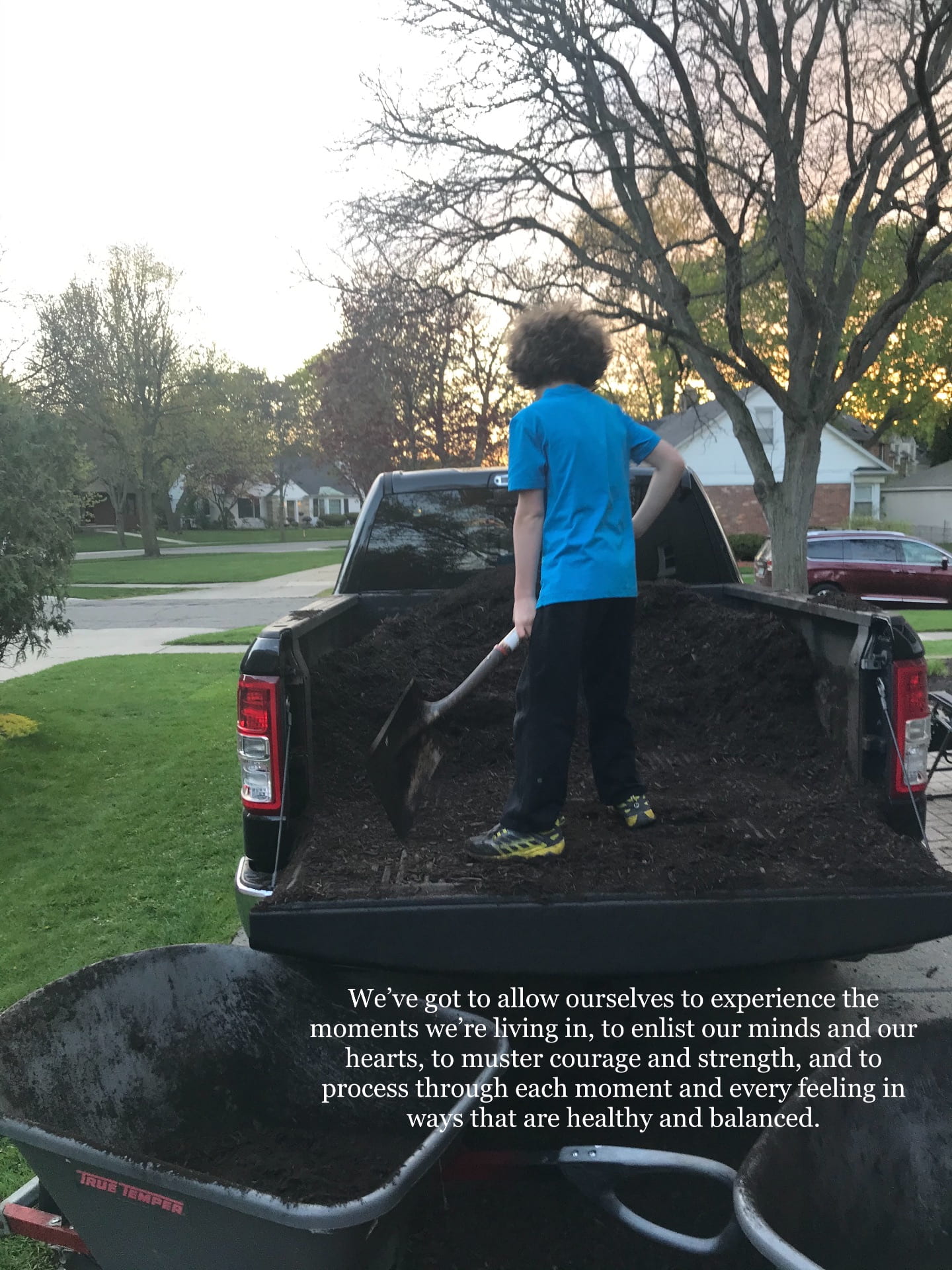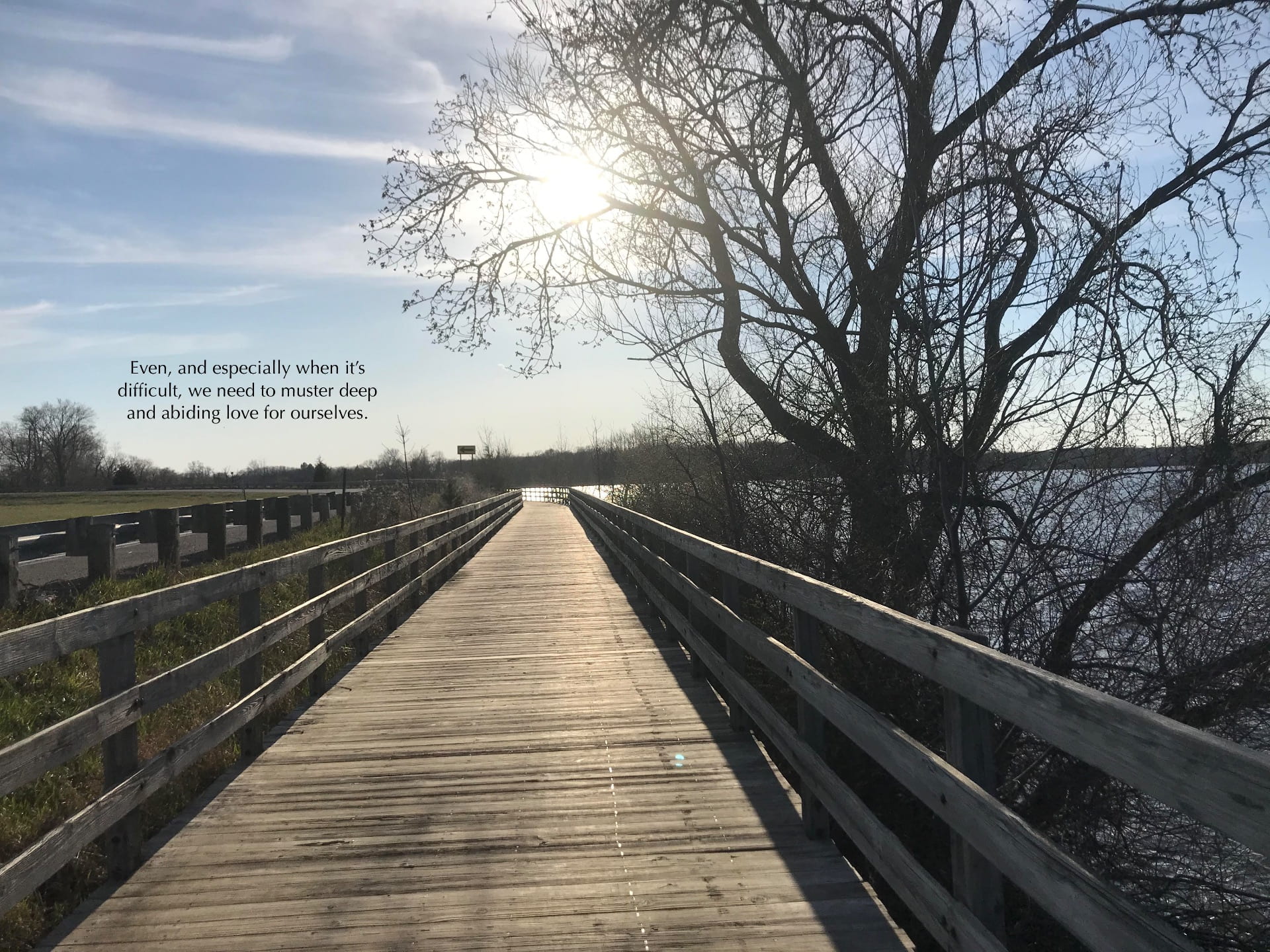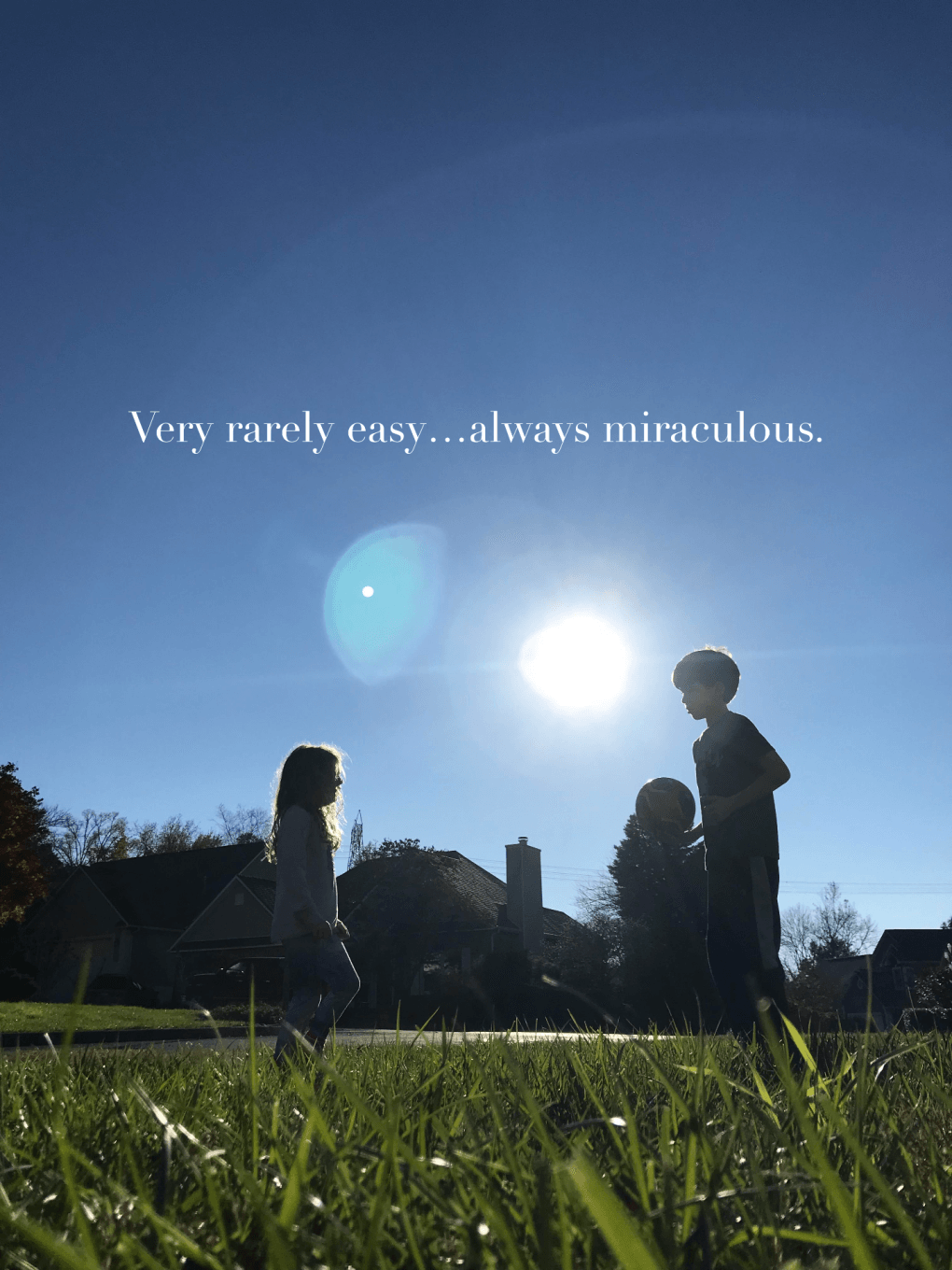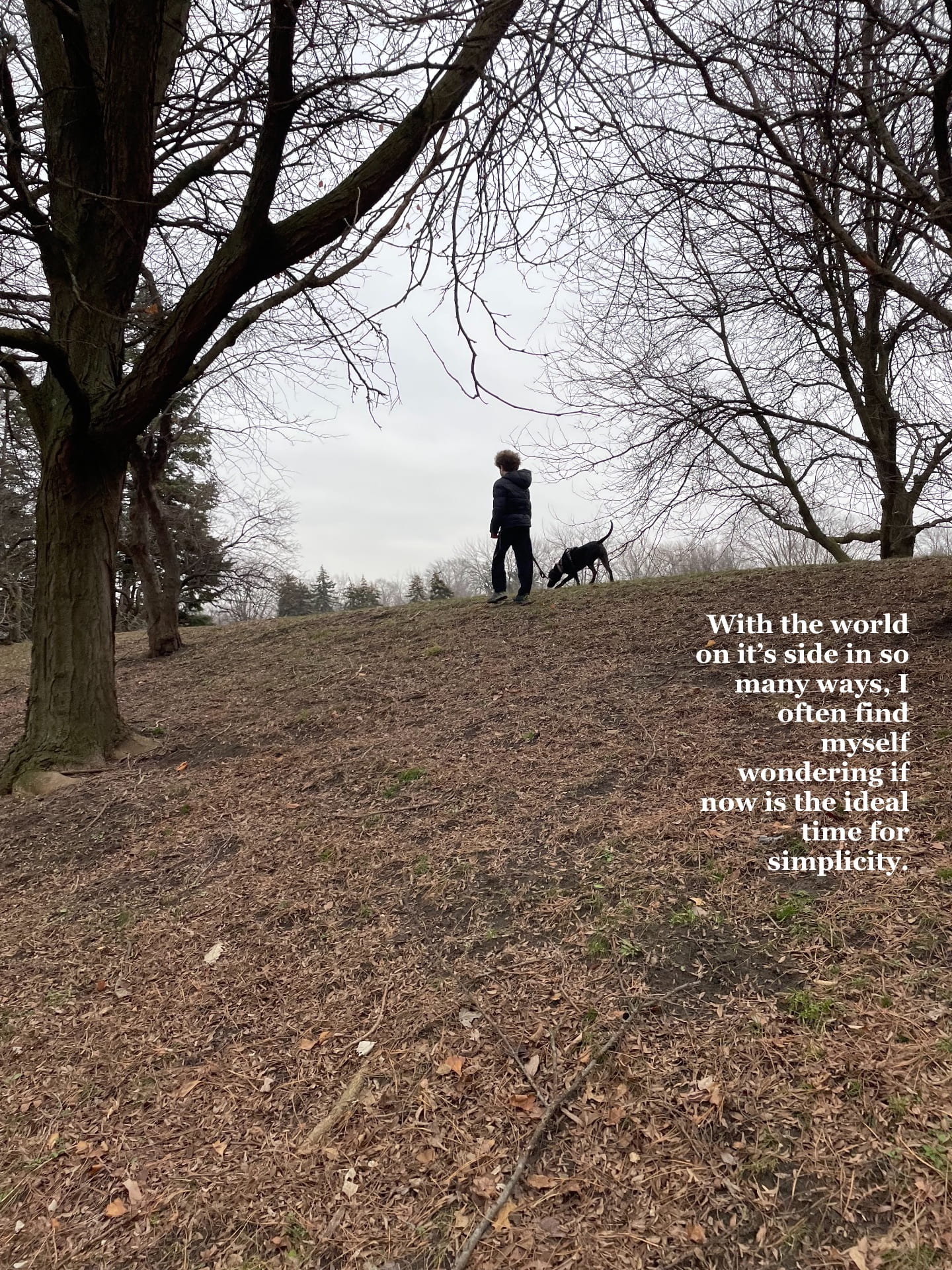
When the past and the future are out of mind the present is available. That’s why our breath is such a wonderful tool. Our breath is here now. Breathing is what we do in the moment. There is consistency and certainty in our breath. While we live and breath, our breath reliably moves in and out of our lungs. Unlike the many less connected facets of our daily lives that drive uncertainty and plague us with worry, doubt and fear, we can depend on our breath for comfort.
When we focus on our breath we are focusing on our vitality. In that way, we can use our breath to be aware of reality in real time. Because anxiety is often based on unfounded, even fantasized accounts of the past and fictionalized predictions about the future, awareness of reality in real time can counterbalance it (anxiety, that is).
Habitual awareness can serve as an extended antidote, diminishing the worry, stress and myriad other negative impacts associate with habitual anxiety. We are each already in the habit of breathing. Broadening the habit to a focus on our breath as we breath can have immediate positive implications on our behavior and long-term positive implications on our well-being.
Over the past couple of decades I’ve exerted considerable effort and spent loads of time exploring and practicing strategies aimed at finding calm in the eye of the storm. So much time and effort that you’d think I’ve perfected it. Yeah, right. Come to find out, while most of what I’ve learned and relearned is based on a combination of awareness and common sense, it may still be a lifelong pursuit. Even as you read this reflection you may well recognize I’m not referring to anything you don’t already know. Especially if that’s the case, you also understand that knowledge and practice often sit at distance ends of a deep divide.
That said, in my experience (and according to every philosophy, methodology or program dealing with problem solving, crisis management or deescalation I’ve ever come across) calm continuously surfaces as the ideal posture for maximizing safety, productivity and progress during stressful events or periods of time. Calm is a catalyst to well-being.
This exploration of calm has been based in large part on the path I tread as a husband, a parent and an educator, it’s predicated on a desire I’ve long held to relieve the feelings of worry and stress I periodically (and sometimes habitually) fall into, and it is now proving as important and opportune as ever during a time when I see and feel a great deal of anxiety swirling around me, seeming to have a deep and determined impact on an enormous swath of the children I serve and the adults I partner with in that service.
With the world on it’s side in so many ways, I often find myself wondering if now is the ideal time for simplicity. The challenge is, simplicity isn’t easy.
Timelines and obligations are real. The sun rises and sets, and in between those two events we do have to get certain things accomplished. How much time, though, do we spend toiling in worry? How frequently do we think about and relive our regrets, fret over the lack of progress we’re making on a task or a project, or doubt our ability to meed a target date? How often do we stand by while that thinking, reliving, fretting and doubting seizes our minds and our hearts? How much time do we spend outside of ourselves, watching as we perpetuate extended cycles of worry?
What if we used the same amount, or even a fraction of that time for a focus on awareness? Without even considering a shift in how we feel or how we behave, could a simple shift in how we watch and listen to ourselves support increased well-being?
What if instead of perceiving ourselves from the outside, as spectators, we intentionally kept and eye on ourselves from the inside? What if we zeroed in on our thoughts and feelings by way of a straight forward, pretense-free focus on our breath, even thoughts of and feeling around worry and stress? What if we accepted and attended to those thoughts and feelings with curiosity and kindness, not asking why but rather how it feels to feel the way we feel?
Instead of considering what we can do to feel better, what if we could be calm and aware enough to simply ask ourselves to identify details about the thoughts and feelings we have while we are having them? What if a focus on our breath could help us? What if being aware could promote genuine learning and growth? A simple (not easy) path that, with practice and dedication might have the potential for prolonged and universal application and impact. By the way, as you know, breath as mindfulness tool is a centuries old concept that has had an incredibly meaningful impact on the history and progress of humanity, across a multitude of regions, cultures and theologies.
Dr. Judson Brewer wrote a wonderfully thoughtful and well-researched book called, “Unwinding Anxiety: New Science Shows How to Break the Cycles of Worry and Fear to heal Your Mind.” In it, he points to habit loops through a reward-based learning paradigm as the basis for persistent entrenchment in anxiety. He recalls anecdotes from his research lab and clinic and puts forward simplified explanations of neuroscience to point out how we get ourselves stuck in habit loops through triggers, which catalyze behaviors and produce results that trick our brains into thinking some relief is at hand.
For example, if I wake up in the middle of the night feeling panicked about the uncertainly of a busy week ahead I might start making mental plans or checking emails. While planning and checking emails may give me a moment of relief and distraction from the worry, those behaviors are also likely to open the floodgates of stress and trip the signal wire for a worry habit loop. Dr. Brewer might map it like this:
Trigger: Middle of the night panic
Behavior: Planning/checking emails
Result: Temporary relief from immediate worry/perpetuation of extended stressfulness and possible trigger for additional feelings of panic
Alternatively, I could focus on my breathing (consistent and comforting) and turn into the feelings of panic with awareness, curiosity and kindness, asking my mind, my heart and my body to describe what they’re feeling. I could live in the moment, accepting the situation, exploring what’s happening, allowing myself to spend time with with the panicky feelings, and providing my brain with some important data about how I process stressful situations.
I may not magically feel relieved from the panic and be able to quickly go back to sleep, but in theory, this alternative behavior could help me find pathways to breaking worry habit loops, not necessarily because I’m searching for those pathways, but simply because I’m developing a deepened understanding of myself and my capacities. Again, not easy but simple.
Jon Kabat-Zinn, author of the mindfulness standard “Wherever you go, there you are, reminds us that while being aware (specifically through the practice of mindfulness) is challenging work, it is worthwhile and growth-producing in that, “it literally allows us to see more clearly, and therefore come to understand more deeply, that which we were out of touch with or unwilling to look at (p.8).”
We are living through waves of trauma. If you, your kids or anyone around you are experiencing negative impacts from situational or extended anxiety, an intentional and dedicated focus on awareness through mindful breathing could be a step in the right direction. None of us wants to suffer. We are better for ourselves, the kids we serve and the adults we serve with when we’re clear-headed and calm. Face the challenges, celebrate the triumphs and approach stumbles and roadblocks with forgiveness and loving kindness, for yourself and others.
It’s a journey for us all. One step at a time, with intentionality and togetherness we are strong.
Thanks for reading…in it together for the kids!
Live. Love. Listen. Learn. Lead.
